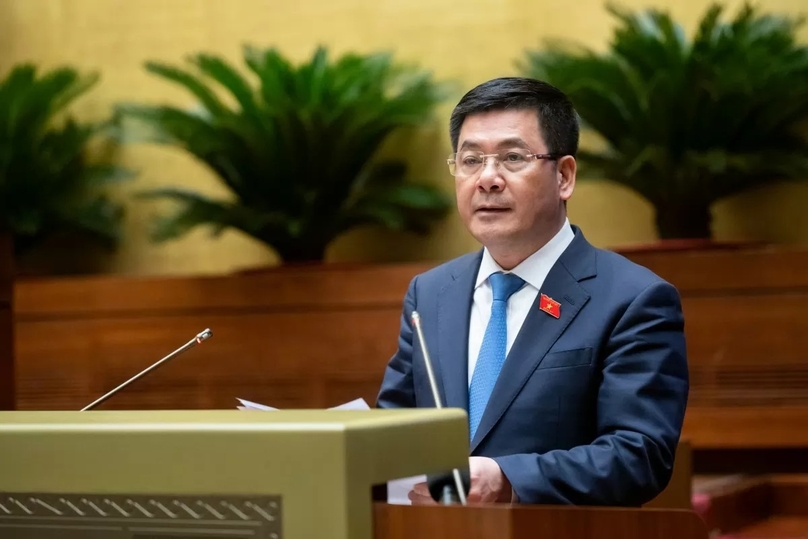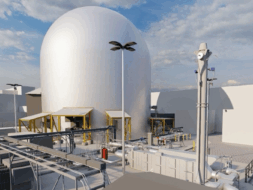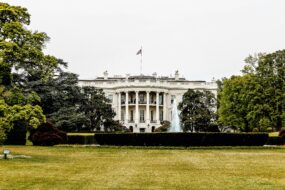Vietnam has never had a nuclear power plant. That could be about to change.
This week, Vietnam’s Minister of Industry and Trade, Nguyen Hong Dien, presented a draft energy law to the country’s National Assembly that proposes the state assume a monopoly on the financing, construction, and operation of advanced nuclear plants. The move is designed to benefit from innovations in nuclear power while minimizing the costs involved.
The draft is an updated version of the national power development plan called PDP8, last updated in May 2023. In addition to embracing nuclear, the updated plan would introduce hydrogen power and boost the adoption of other renewables, including wind and solar, as Vietnam grapples with energy insecurity and steep projections for demand growth in the coming decade.
An energy emergency: Over the past several years, Vietnam has suffered from regular power outages and energy shortages as population growth and demand for domestic manufacturing have outpaced power generation.
- Vietnam had to implement alternative schedules for supplying energy to manufacturing operations and residents, per the International Trade Administration.
- The energy mix isn’t particularly clean, either—as of 2022, more than 45% of the nation’s electricity came from coal, and ~27% came from oil.
And the country’s needs are growing fast. Vietnam’s government expects power demand to grow 10-12% each year through 2030, and its goal is to raise generation by 12-15% each year to account for that need. Still, with its depleting oil and gas reserves, the country is headed for a deficit without aggressive nuclear and renewables adoption.
If at first you don’t succeed…Vietnam has tried to boost domestic power generation with nuclear energy projects before. In 2006, the first proposals emerged to deploy nuclear reactors. By 2010, the country approved a project to build two nuclear power plants, each with two reactors, which together would have generated nearly 4 GW of power. Vietnam had been developing long-term plans for further large reactor construction projects.
Things didn’t go as planned. After the Fukushima meltdown in 2011, global support for nuclear power projects took a nosedive, and financing for the Vietnam projects fell through. The country officially canceled the projects in 2016.
Try, try again: With this update to PDP8, Vietnam would assume total responsibility for financing new nuclear projects. It would seek out investors, choose the developers, and manage the construction and operation of new nuclear plants according to the nation’s energy regulations.
This monopolistic approach isn’t universally popular. Le Quang Huy, chairman of Vietnam’s Science, Technology and Environment Committee, argued that regulations related to investment should be re-examined to take advantage of innovation and unlock all possible funding opportunities.
“It’s necessary to create mechanisms to attract investors, as well as to increase feasibility of projects and efficiency of state management,” said Le, according to local news coverage.
Lead Reporter of Ignition





